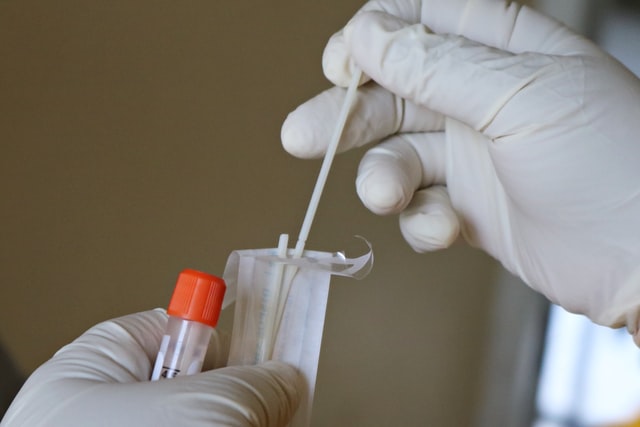CBI asking for more Government Guidance to help firms ramp up workplace Covid testing

@CBItweets – Workplace testing key to paving the way for safe reopening – but further employer support crucial
Boosting workplace testing can protect staff and help pave the way for safe economic restart in 2021. And close collaboration with the Government is key to help more businesses build up expertise. 87% of businesses are not currently testing in the workplace, according to new CBI data.
Huge progress has been made in rolling out the vaccine and delivering rapid mass testing. Workplace testing could further strengthen the nation’s pandemic arsenal. Some firms are already leading the way, supporting staff in administering tests.
Greater government support is now needed to help more employers offer testing. Supplementary questions added to the latest CBI economic surveys – conducted between 17 December and 14 January, with 638 respondents – revealed lack of expertise & unclear guidance (32% of respondents who are not testing employees selected this as an issue) and operational, logistical/regulatory complexity (31%) as some of the main barriers.
Currently 14% of manufacturing and services firms are testing staff. The figure for the distribution sector is just 7%. Of those not currently testing employees (87% across all three sectors), only 9% plan to start.
Since the data was collected, the Department of Health and Social Care has announced a scheme to help firms in England with asymptomatic testing for staff unable to work from home. Details, including eligibility are available here. Business and government must continue working together to overcome remaining challenges.
Matthew Fell, CBI Chief UK Policy Director, said:
“Rapid mass testing is an essential element of the UK’s fight against Covid-19, helping those unable to work from home to operate safely, while also catching new cases.
“As we look to get the economy fully operational later this year, firms see workplace testing as another vital way of protecting the health of staff and shielding society from transmission. But right now, the number of tests being taken in workplaces is a fraction of where we need to get to.
“Lockdown and the work from home guidance before that explain some of this, but not all. Encouraging businesses and helping them prepare to rollout workplace testing should form an essential plank of a return to normality in 2021. It will help create greater confidence among staff and employees, and when the time comes, support the reopening of the economy.
“Guidance supplied by the Department of Health and Social Care for firms in England is hugely welcome, offering greater clarity. We will continue to work closely with the government and our members to ensure support is in place for employers navigating logistical challenges.”
Supplementary workplace testing questions in the latest CBI Growth Indicator also revealed:
- The vast majority of firms carrying out workplace testing plan to continue doing so over the next three months (94%).
- 87% do not currently offer testing, citing the following factors:
- Availability of NHS testing for individuals (37%)
- Lack of expertise and unclear guidance (32%)
- Operational, logistical, and/or regulatory complexity of offering testing (31%)
- Roll-out of the vaccine (27%)
- Cost of testing (25%)
- Low confidence in perceived value of testing (25%)
- Of the 87% of firms not currently offering testing, 69% are not planning to offer testing in the next three months. 22% of firms said they did not know.
- Around 14% of manufacturers who aren’t currently testing said they would start testing in the next three months, with 48% saying they wouldn’t be testing and 39% saying they weren’t sure.
- In distribution, 9% of businesses who aren’t currently testing said they would start in the next three months. 63% of firms said they wouldn’t start testing. 28% said they were unsure.
- For services, 7% of firms not currently testing said they would start to test in the next three months. The figure for those planning to continue to not test is 78%. 15% said they were unsure.











Responses